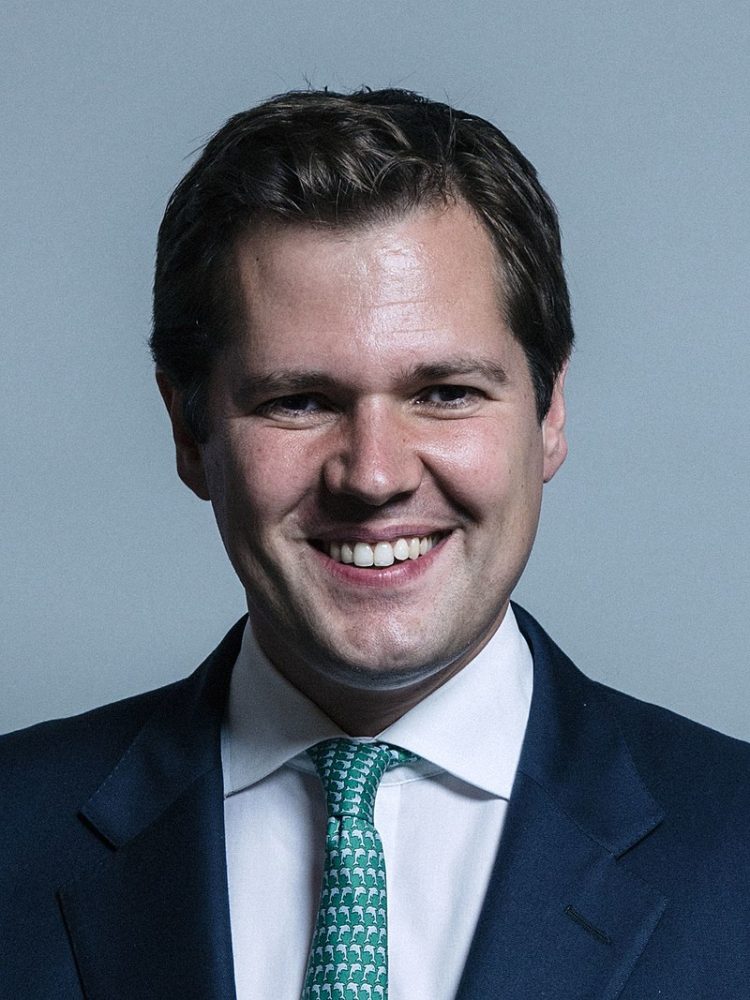Families with deep rooted problems are to benefit from much-needed support to get their lives back on track with up to £165 million of new funding, Communities Secretary Rt Hon Robert Jenrick MP announced today.
The funding for the Troubled Families programme is designed to provide intensive support for some of the most vulnerable families. Working with the whole family unit across local services, with a focus on early intervention, the programme has a proven track record of driving reforms across public service
An estimate of 400,000 families have reportedly benefited from the scheme already, with hundreds of thousands more set to benefit too. The underlying idea of the scheme is brilliant, since the family is unarguably the bedrock of society. Its broad application is another matter entirely. Families with complex dysfunctional issues including drugs, alcohol, domestic violence, are rife in several parts of the Uk.
Rebellious and difficult children often aggravate the problem, though the former can often be said to be remnants of the former. The myriad issues faced by children could be very intricate, sometimes stemming from the psychological effects of an absent father, low self esteem, bullying, or a combination of all of the above and more. Parents with mental health issues contribute to the problem.
The grand funding will be used to tackle complex inter-connected problems including unemployment, poor school attendance, mental health issues, anti-social behaviour and domestic abuse. These are broad and often complex areas, but the potential remedy for every problem lies in the detail of the proposed solution.
SCHEME
Under the scheme, a host of professionals will be used to achieve desirable outcomes. A key worker or lead worker is appointed to a problem family in order to organise services to grip the family’s problems and work with the family in a persistent and assertive way towards an agreed improvement plan.
This necessarily involves addressing all relevant issues pragmatically, by assigning experts to various aspects of the problem. And they work hard to attain transformed outcomes, with dedicated professionals working towards a desired goal. Precisely how the money is allocated among the professionals is yet to be known, but the interest of children r
Statistical reports from the Ministry Of Housing indicates a reduced proportion of children on the programme going into care by a third, reduced the proportion of adults on the programme going to prison by
a quarter, and juvenile convictions by 15% supported more people on the
programme back in work with 10% fewer people claiming job seekers allowance
MULTI AGENCY
The Ministry Of Housing says multi-agency working systems through strong local strategic partnerships across different agencies are used to facilitate the implementation of the ingenuous programme.
This includes multidisciplinary frontline teams, all of whom have the capability of delivering whole family support, irrespective of their profession. of their profession. Services, they say, are organised around people’s needs rather than around agency boundaries.
It is essentially enhancing the training of multi-agency work forces in the
core principles and paying for multi-agency data systems using a range of professions including family workers, youth workers, social workers, housing staff, police, health and work coaches
Regular networking, peer reviews, blogs and workshops, has always been a central feature of the Troubled Families Programme in terms of establishing good practise. Improving performance with the goal of achieving long term sustainability through service-wide transformation is integral to the overall mission of building resilient families.
Communities Secretary Rt Hon Robert Jenrick MP said:
The Troubled Families programme will help more people in need get access to the early, practical and coordinated support to transform their lives for the better.
This is the right thing to do for families and for society as a whole, and these reforms will reduce the demand and dependency on costly, reactive key public services.
We want to build on the success of the programme in the coming year, delivering on our manifesto commitment to ensure we reach all those who could benefit from the programme – from the early years and throughout their lives.
Rather than responding to each problem, or single family member separately, assigned Troubled Families key workers engage with the whole family. Through this approach they coordinate support from a range of services to identify and address family issues as early as possible rather than merely reacting to crises.
PROGRESS
The latest evaluation results show that, compared to families with similar characteristics who have not been on the programme, 19-24 months after starting to receive support, there has been substantial progress in the system. The proportion of children on the programme going into care has impressively reduced by a third, according to the department,
The proportion of adults on the programme going to prison has reduced by a quarter and juvenile convictions reduced by 15%. More people on the programme are back in work, with 10% fewer people claiming Jobseekers Allowance. Originally set to run for 5 years from 2015 to 2020 but was extended by a year in Spending Round 2019. Today £165 million of funding has been confirmed for 2020 to 2021.











